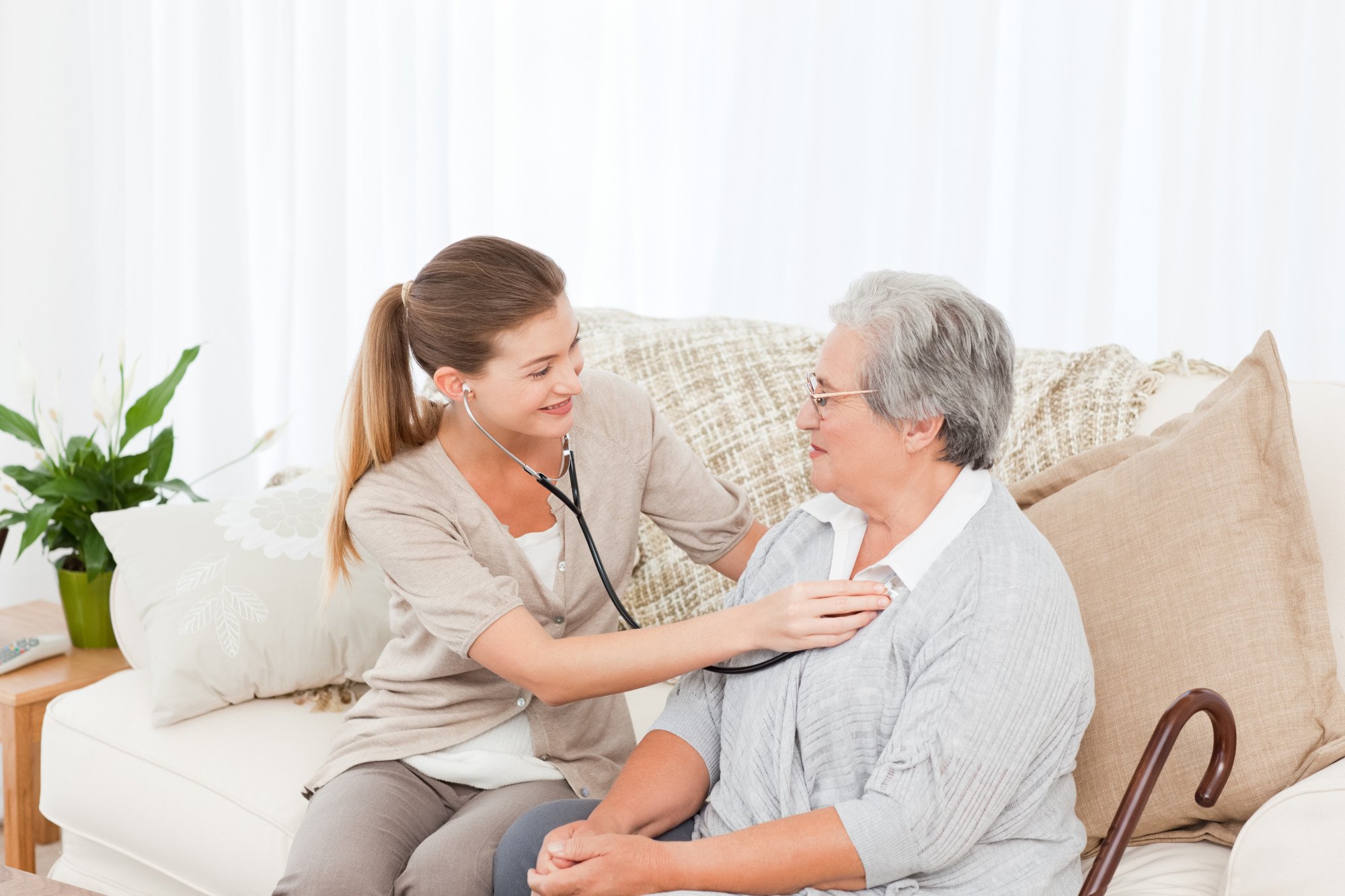For the most part, we consider our homes to be a safe space where we can relax and unwind after a long day. We don’t dwell on the possibility of an accident or injury occurring within our own home, yet incidents can happen even within our own residences. In this article, we discuss some of the leading causes of household injuries and accidents and how they may be effectively avoided.
Slip & Fall Accidents
Anyone can lose their balance and take a tumble, but elderly residents and young children are at particularly high risk of experiencing a slip and fall accident in the home. Slip and fall accidents can cause a range of serious wounds, from head injuries to broken bones. Wet floors, loose floorboards, exposed wiring, uneven walking surfaces, and poor lighting frequently cause people to fall. If you are injured due to the negligence of a homeowner or property manager, it may be possible to pursue legal action against the liable party.
Burns
One of the leading causes of injuries in the home is burns. Someone may be burned by:
- Open fire
- Touching a hot object
- Chemicals
- Electricity
- Scalding liquids or steam
Children are particularly prone to suffering burns, especially those caused by hot liquids or stovetops. To prevent burn injuries, you should always keep children out of the kitchen, especially while cooking. Keep pots and pans on your stove’s back burner(s) with the handles turned away from the edge of the stove, so that young children cannot accidentally pull a hot pan towards them.
You should be particularly careful in how potentially dangerous items are stored around the house. Matches and lighters should be kept in a secure cabinet or drawer. Gasoline and chemicals should be stored in a locked cabinet or cupboard, where they cannot be found by children. To ensure that your home is safe, have your wiring inspected by a trained professional at least once per decade.
Cuts
Most cuts tend to be quite minor. A small cut can be easily treated by stopping the bleeding and applying a clean bandage. If you or another person in your home suffers a deep cut and you are unable to stop the bleeding after ten to fifteen minutes, seek medical assistance. The injured person may need to get stitches to close the wound and stop the bleeding. If you are able to handle the injury yourself, be sure to change the bandage regularly to reduce the risk of infection.
Falling Objects
Falling objects can cause significant injuries, particularly to toddlers and young children. Bulky objects, such as bookshelves or cabinets, should be anchored to the wall so that they cannot be pulled over by a curious child or knocked down in an earthquake. Tablecloth edges, dish towels, and cords should be kept out of reach of children to prevent them from accidentally pulling heavy objects onto themselves.
Poisoning
The majority of poisoning accidents involve cosmetics, household cleaning products, and medicines. Anything that can cause poisoning if swallowed should be kept in a securely locked cabinet or drawer. Medications should be kept in their original labeled containers to prevent mistakes.
Household cleaners and disinfectants should be kept in a secure location and should only be used as directed. Never combine chemicals unless directed to do so and make sure that they are stored in proper, durable containers. Household chemicals, such as antifreeze, should be kept in their original containers. If you or someone else is poisoned, call your regional poison control center immediately for advice on what steps you need to follow.
Choking
Choking can occur when something gets caught in the back of a person’s throat. Usually, choking is caused by food, but a person may begin choking after swallowing something they shouldn’t have, such as a small toy. Young children, elderly people, and those with disorders of the esophagus may be at particularly high risk of choking. Eating too quickly, not chewing food fully, consuming significant amounts of alcohol, or lying down while consuming food can also increase someone’s chances of choking.
Supervision is one of the most important factors in preventing choking, particularly for older residents and young children. Although it is not possible to monitor someone at all times of the day with complete accuracy, anyone at increased risk of choking should be watched while eating. Discourage running while eating, encourage adequate chewing, and cut large or tough foods into smaller pieces to reduce incidents.
Drowning
One of the leading causes of death in and around the home is drowning. No one is completely free of risk, as even an experienced swimmer can become tired or suffer a medical emergency that leads to a fatal accident. Drowning can occur in as little as a few inches of water, so it’s vital to closely monitor any children or elderly residents when they are around bodies of water.
If you own a pool, make sure there is a secure gate around it and that lifesaving equipment is on hand. Do not allow people to use your pool if you are not certain that they are reasonably comfortable swimmers. Keep your pool clean and inspect it regularly for signs of damage that require repairs.
Protecting Yourself and Your Visitors While at Home
It’s essential to take steps to protect yourself and anyone that may visit your home, both to prevent injuries and reduce your chances of facing a premises liability lawsuit at any point in your future. By making your home inviting and as safe as possible, you and your visitors can benefit immensely.




